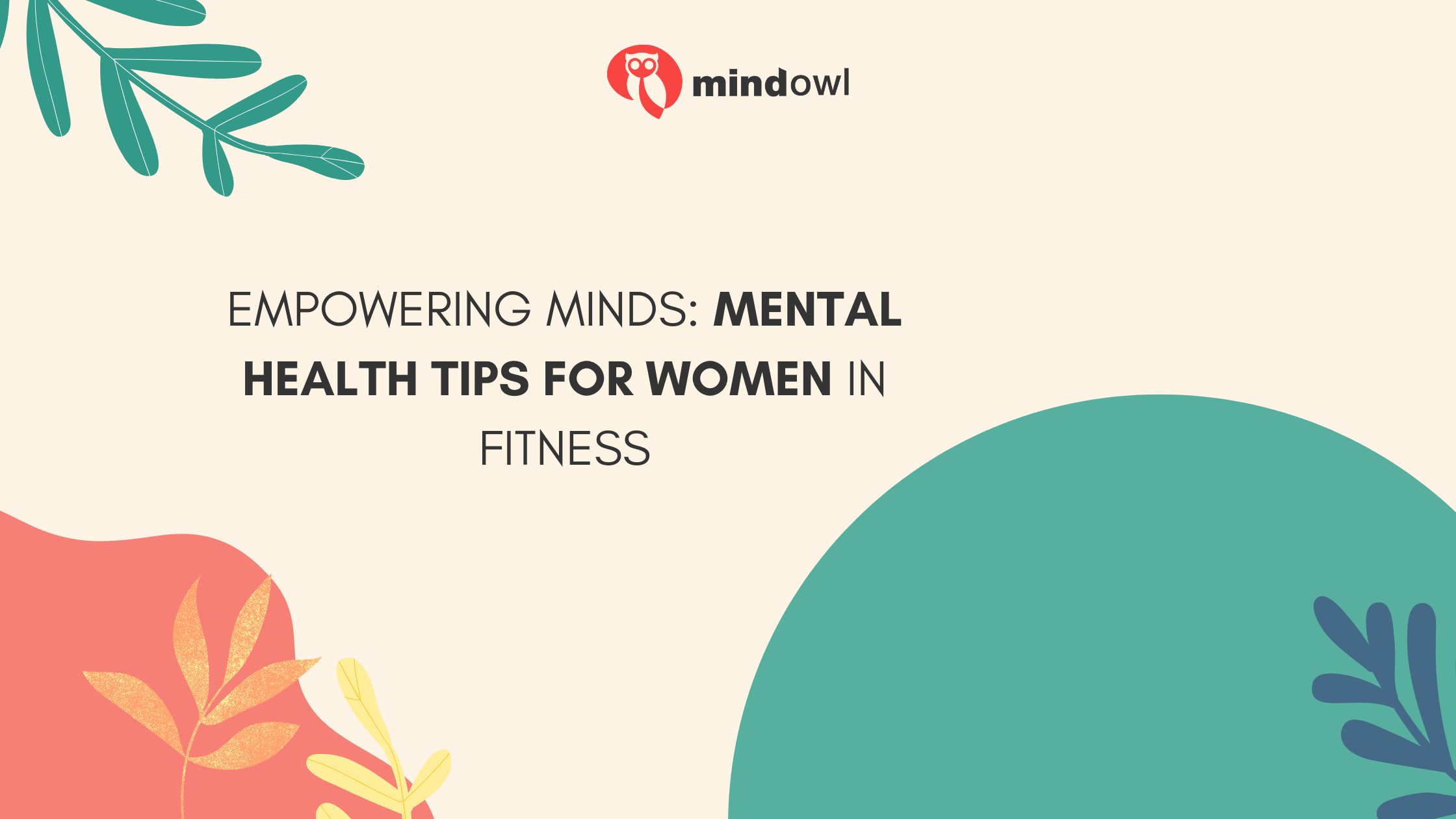In the quest for physical fitness, the importance of mental health often takes a backseat. Yet, the mind and body are inextricably linked, and for women navigating the fitness world, paying attention to mental well-being is as crucial as physical training. This article explores essential mental health tips for women in fitness, offering guidance on maintaining psychological balance while pursuing fitness goals.
Understanding the Mind-Body Connection
The Interplay of Mental and Physical Health
The first step in fostering mental health in fitness is acknowledging the deep connection between the mind and body. Physical exercise not only shapes the body but also has a profound impact on mental health, improving mood, reducing anxiety, and enhancing overall well-being. Conversely, mental health affects physical performance, motivation, and the ability to overcome fitness challenges.
Stress and Fitness
While exercise can be a great stress reliever, balancing fitness with other life responsibilities can sometimes add to stress. It’s important for women to recognize when fitness routines are becoming a source of stress and to adjust their approach accordingly.
Setting Realistic Goals
Avoiding the Perfection Trap
One key aspect of maintaining good mental health in fitness is setting realistic and achievable goals. It’s easy to fall into the trap of seeking perfection, be it in terms of body image, strength, or endurance. Women should focus on setting goals that are challenging yet attainable, and that provide a sense of accomplishment without leading to burnout or negative self-perception.
Celebrating Small Victories
Acknowledging and celebrating small achievements in fitness can have a significant positive impact on mental health. Whether it’s reaching a personal best, improving form, or simply sticking to a workout schedule, recognizing these milestones builds confidence and reinforces a positive mindset.

Nurturing a Healthy Relationship with Exercise
Exercise as a Form of Self-Care
Viewing exercise as a form of self-care rather than a chore or obligation can transform one’s fitness journey. It should be an activity that women look forward to, a time to nurture their bodies and minds. Choosing activities that they genuinely enjoy can help sustain long-term engagement and mental well-being.
Listening to the Body
Understanding and respecting the body’s limits is crucial. Overexertion can lead to injury and mental fatigue. Women should listen to their bodies and allow for adequate rest and recovery, recognizing that taking a break is not a sign of weakness but an essential aspect of a sustainable fitness routine.
The Role of Social Support
Building a Supportive Community
Having a supportive community can greatly impact a woman’s mental health in her fitness journey. Whether it’s friends, family, or fellow fitness enthusiasts, being surrounded by people who encourage and motivate can provide emotional upliftment and a sense of belonging.
Sharing Struggles and Successes
Openly sharing fitness struggles and successes with others can be empowering. It helps in normalizing the ups and downs of the fitness journey and provides an opportunity to receive and offer encouragement and advice.
Incorporating Mindfulness and Meditation
The Benefits of Mindfulness
Incorporating mindfulness and meditation into a fitness routine can significantly enhance mental health. These practices help in developing a deeper connection with the body, improving focus, and reducing stress and anxiety.
Mindfulness During Exercise
Practicing mindfulness during exercise, like focusing on breathing or being aware of body movements, can enrich the workout experience and improve mental clarity.
Seeking Professional Guidance
Enhancing Fitness with Expert Guidance
Engaging a personal trainer offers more than just customized workout routines. They provide invaluable emotional support and motivation, helping women navigate their fitness journey with confidence. Personal trainers are pivotal in ensuring that both physical and mental health are balanced, making each step towards fitness goals more achievable and rewarding.
Mental Health Professionals
For women facing significant mental health challenges in their fitness journey, seeking help from mental health professionals is recommended. They can provide strategies to cope with anxiety, depression, or other mental health issues related to body image and fitness.
Embracing Body Positivity
Challenging Unrealistic Standards
Embracing body positivity is vital for mental health in fitness. This means challenging societal and self-imposed unrealistic standards of beauty and fitness. Understanding and appreciating the body’s capabilities and uniqueness can foster a healthier, more positive approach to fitness.
Fitness as a Journey
Viewing fitness as a journey rather than a destination allows for a more compassionate and patient approach to personal health. It emphasizes progress over perfection, encouraging women to appreciate their bodies at every stage of their fitness journey.
Conclusion
For women in fitness, maintaining mental health is as important as physical training. By setting realistic goals, nurturing a healthy relationship with exercise, building a supportive community, incorporating mindfulness, seeking professional guidance, and embracing body positivity, women can ensure a balanced approach to fitness. Remember, fitness is not just about physical strength and endurance; it’s about building resilience, confidence, and empowerment in every aspect of life.
MindOwl Founder – My own struggles in life have led me to this path of understanding the human condition. I graduated with a bachelor’s degree in philosophy before completing a master’s degree in psychology at Regent’s University London. I then completed a postgraduate diploma in philosophical counselling before being trained in ACT (Acceptance and commitment therapy).
I’ve spent the last eight years studying the encounter of meditative practices with modern psychology.

